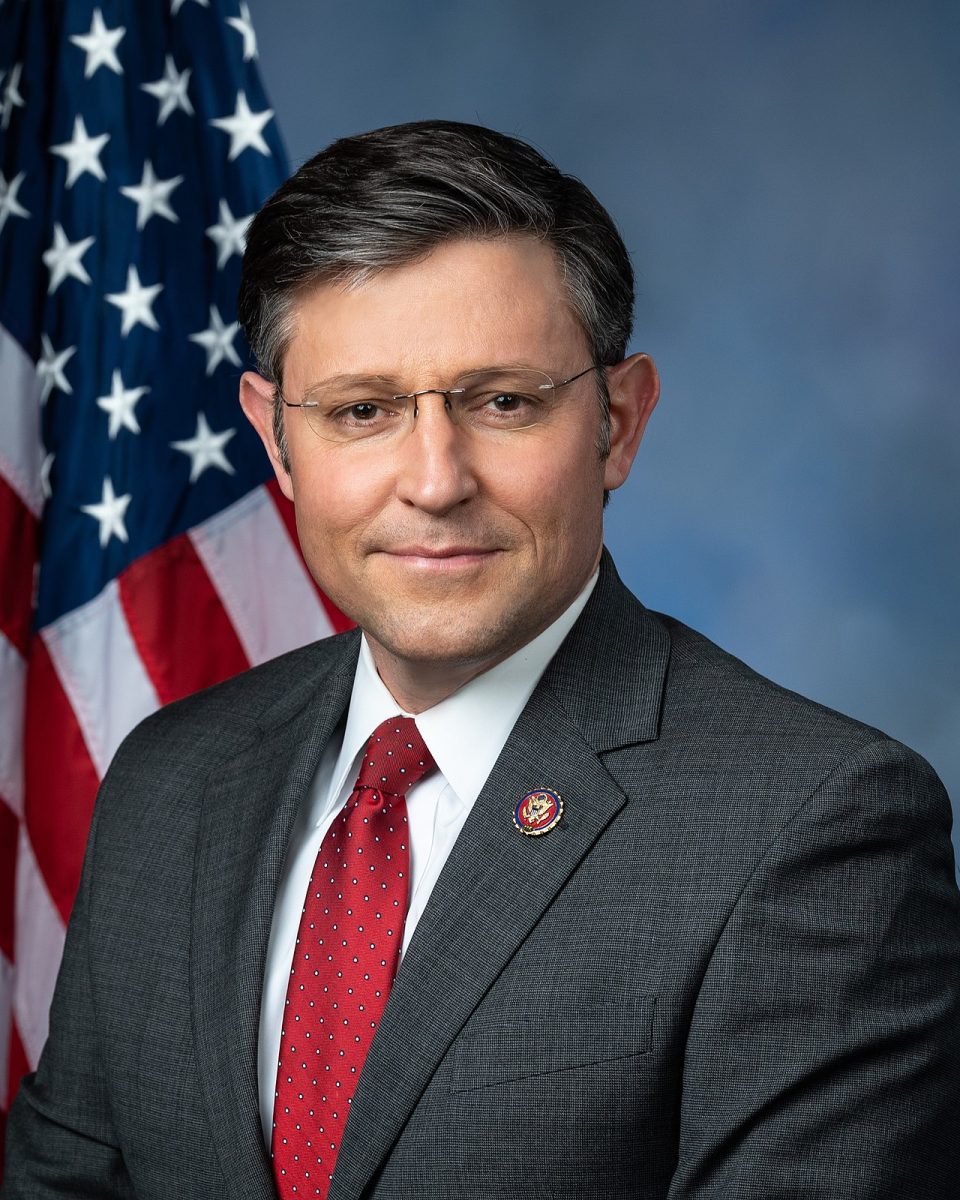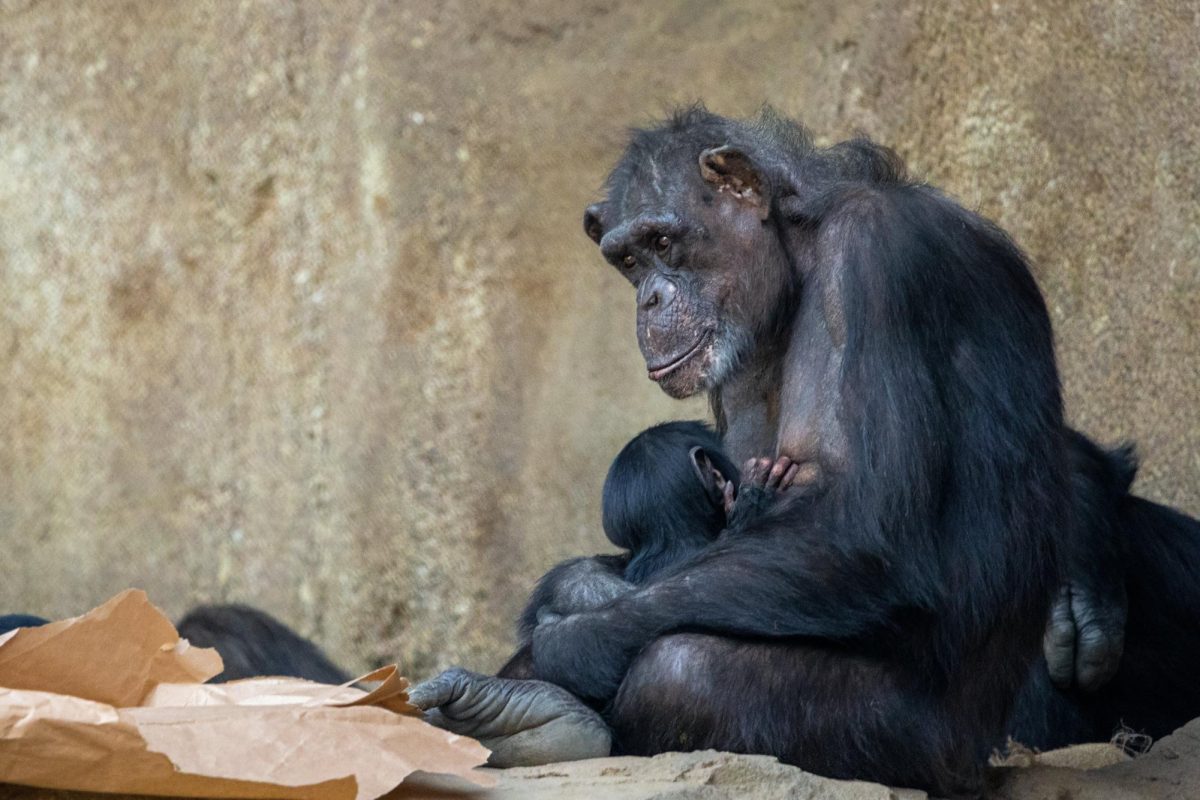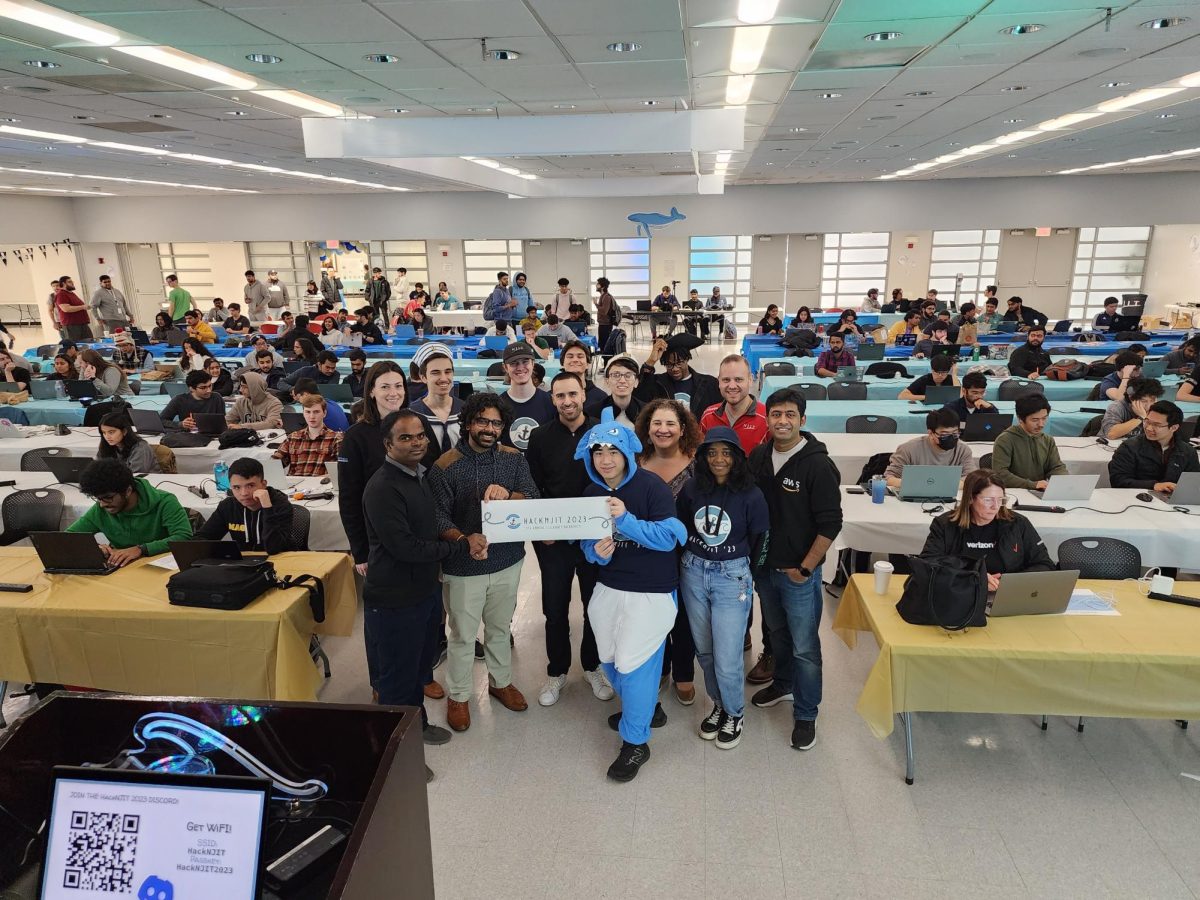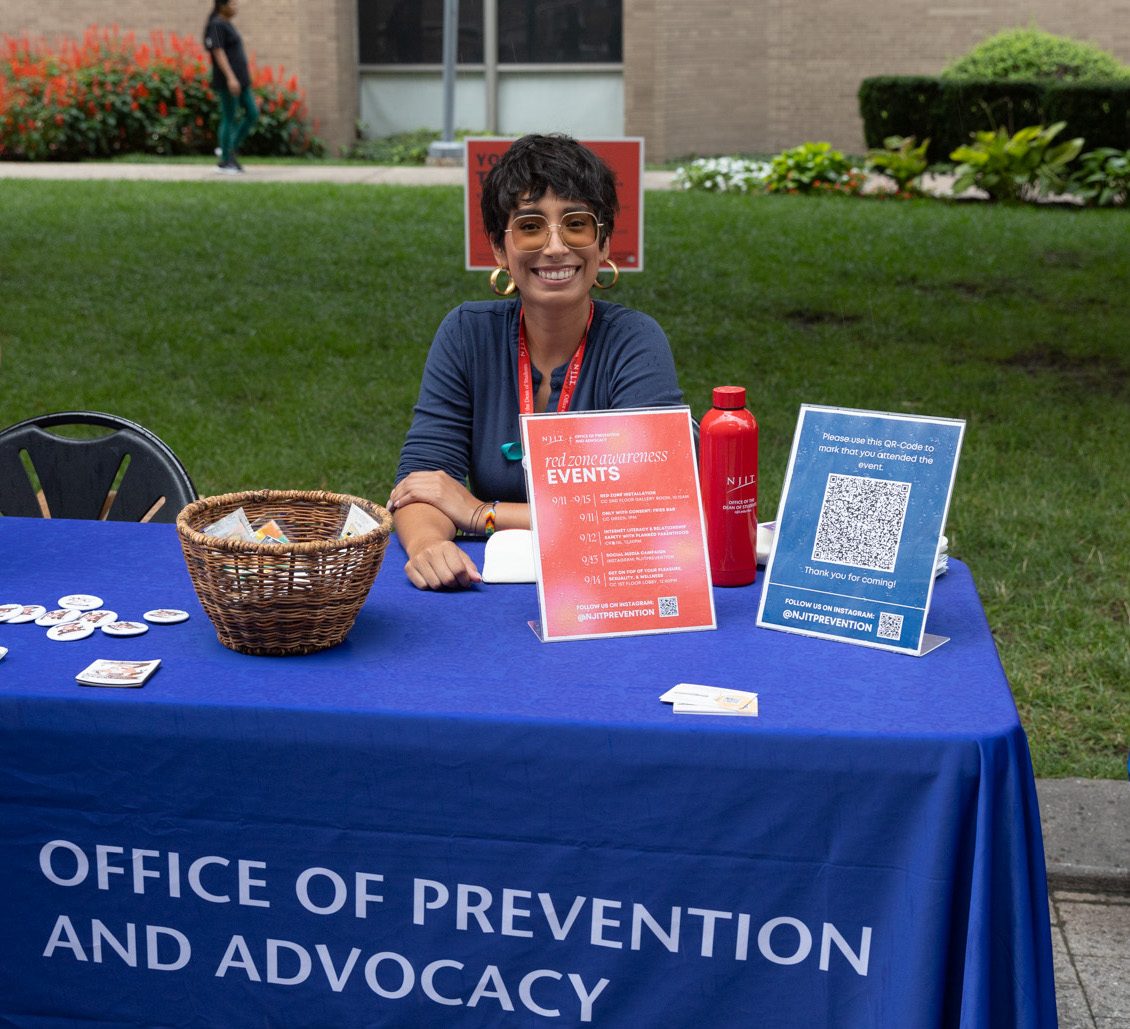Stephen Chan
Ken Jared Alleyne, a junior Electrical Engineering major, does not feel particularly connected to his roots.
“I don’t really celebrate Black History Month,” he said.
As part of Generation Y, he is far removed from the struggles of African American youth from the times of slave ownership in early American history to the Civil Rights era. Unlike those times, African descendants are not being openly persecuted in western culture. Because of this, many seem to forget their beginnings, as well as their cousins from around the world.
Student Senate is hoping to change that. Culture shock, the first ever cultural event by Senate to focus solely on Black History Month, aims to raise discussion on African culture and its evolution through the years. It is a series of weekly changing photos that express Black history through displaying African and African-descendant historical figures, as well as photos of genocide, art, and film.
Throughout the entire month of February and into the first week of March, reflections of African culture will be posted throughout the Campus Center. Already available for viewing are images of President Barack Obama and the First Lady, Nelson Mandela, and Liberian President Ellen Johnson Sirleaf, among others.
Ikechukwu Onukogu, one of the senators heavily involved in running the month long cultural showcase, shared his thoughts with The Vector.
“Black History Month is one of those things that is based off how you relate to it,” he said. “I feel like I don’t relate to the word ‘Black’, I feel like I relate to the word African. So I feel like Black History Month is derogatory. I wanted to label it as an African diaspora to encompass all those of African descent.”
Onukogu wants to have people actually talk about Black History. He emphasizes that there are many different descendants of Africans across the world, not just those labeled “African American” here in the United States.
“Saying ‘African American’ isn’t really right. You don’t call Americans ‘European American’.”
To accomplish these ends and spread awareness of the ongoing struggle of some countries, he joined the Black History Month planning committee and participated in facilitating this event. “Alpha was in total support of this initiative,” Onukogu said about the 10-person diversity committee.
In perhaps this event’s most powerful statement, Senate posted pictures of post-Holocaust African genocide on the walls of the first floor Campus Center Lounge. Students who sit on the couches and use the tables cannot miss the large posters depicting Kwashiorkor, or bloated stomach of starving children, dead bodies, and other horrific results of mass murder.
“The Rwandan conflict is a big one,” Onukogu said. The conflict, the brunt of which occurred in the mid 90’s, centered on the descendants of two tribes: the Hutu and the Tutsi. During this period, Hutu descendants slaughtered hundreds of thousands of Tutsis, with the final death toll being estimated between 500,000 to 1,000,000 Rwandans. “The Rwandan Genocide is meant to showcase the conflict of Africans in government.”
Onukogu described the responses of students who have seen the works. “So far, reactions have been positive, we have figures. There are many different Africans all over the world, and people were really happy to see that and people resonated.”
The pictures of the genocides were what Alleyne particularly kept in mind. He believes that the showcase is successful. He said, “It made me realize that I’m lucky to have been born here and now, and not somewhere like there.”






























